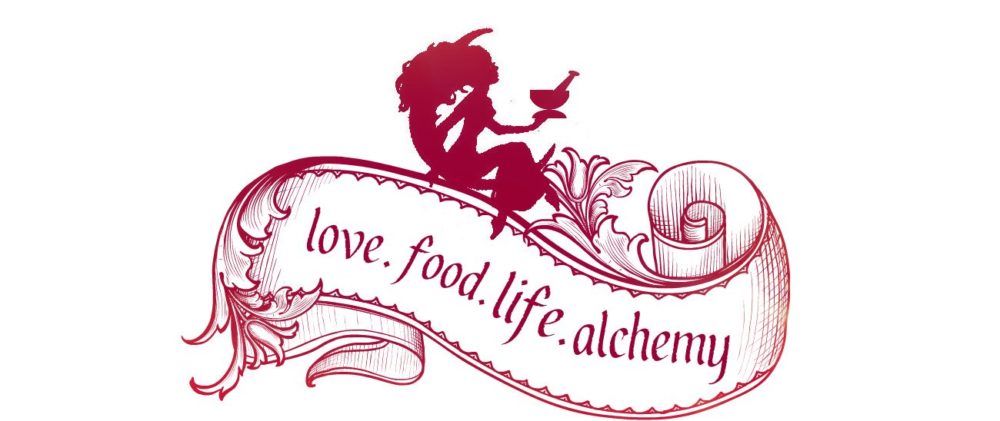We have been seeing that getting unstuck involves some practical guidelines. Awareness opens the door to new possibilities, therefore we need to master the skill of being aware.
There are a few specific skills to awareness. First, you need to be skillful at paying attention. You feel in control and connected when you pay attention to your own feelings, the feeling of others, how a given situation feels. The next step to awareness is focus. It takes skill to keep your focus and the key is to be interested and engaged. Finally, mastering the skill of stillness lets the moment expand on its own as you watch, wait and bare witness. It’s about restful alertness and being present in the moment without tension. These skills are developed naturally in meditation.
“I am no bird; and no net ensnares me: I am a free human being with an independent will.”
– Charlotte Brontë
CENTERING THOUGHT
My awareness opens the door to new possibilities.
SANSKRIT MANTRA
Om Pragyanam Asmi (My true self is pure intelligence.)
This mantra affirms that you are pure consciousness, unlimited, eternal and unconditioned.
MESSAGE OF THE DAY
Self-awareness is not just something you either have or you don’t – it’s a skill you can improve upon. In today’s meditation, we learn that we improve our awareness skills with three basic practices. First, we learn to pay attention to what is happening in our environment. Second, the skill of focusing attention allows us to explore our experiences with clarity and without judgment. And finally, by learning the skill of stillness, or wholeness, we allow awareness to encompass the entirety of our experience as our own self. All these skills together as one mode of knowingness gives us the creative awareness that prevents life from getting stuck.
JOURNAL QUESTIONS
1. Think back on a time when you noticed something new in an old and familiar situation or relationship. Write down what you noticed and your response to this new insight. For example, “I noticed that my coworker acts friendly but always manages to make sure she’s right, which surprised me” or “I noticed that my father-in-law acts gruff and dismissive, but I now see he’s also careful to be fair, which was endearing.” This is an example of your growing skill of awareness.
2. Take a full breath, right now, and go within to gently ask yourself if there are any background feelings that you are avoiding and not dealing with. It may help to close your eyes and check if there is a persistent feeling of anxiousness, doubt, sadness, dread, or irritation that lies just beneath the surface of your behavior. Journal about any feelings that come to your awareness – you can’t change what you aren’t aware of. When you’re finished writing, take a moment with your eyes closed to simply sit with these feelings, breathe through them, and listen compassionately to them. Don’t judge them as negative or guilty, or push them away as “not me.” Just let them run their course in the expanse of your being.
3. Remember a time you were tempted to tune someone out, perhaps a chatty colleague or your spouse, but decided instead to really listen to them. Think back to how you felt. How did the other person respond? (If you can’t think of such a past experience, imagine such a scenario.) Write down any present circumstances that come to mind where you could apply this awareness skill now.
4. Reflect further on your experience today.
Note:
In stillness we can have our deepest experience of all that life is. Opening up to stillness can take you to your most powerful creative place. Stillness is always waiting if you can peel through the moments of life to reach it.

